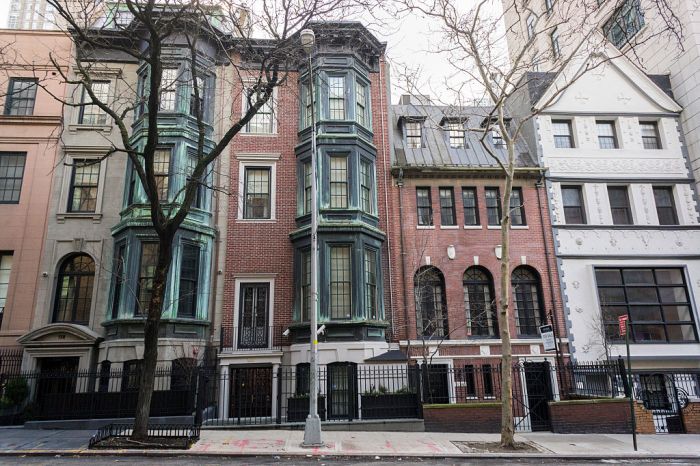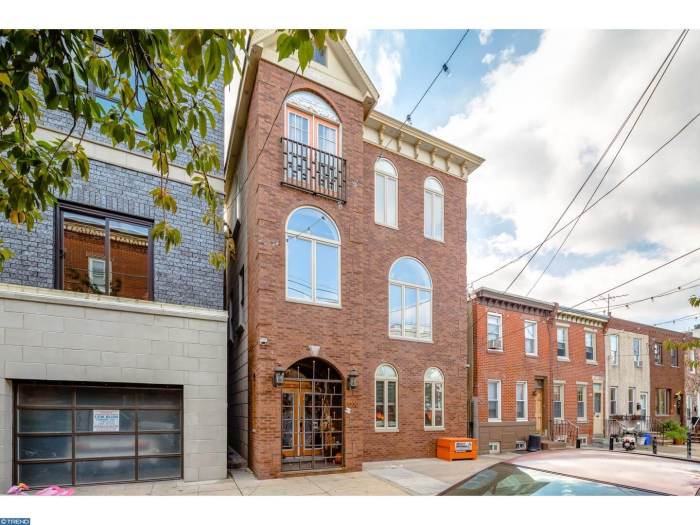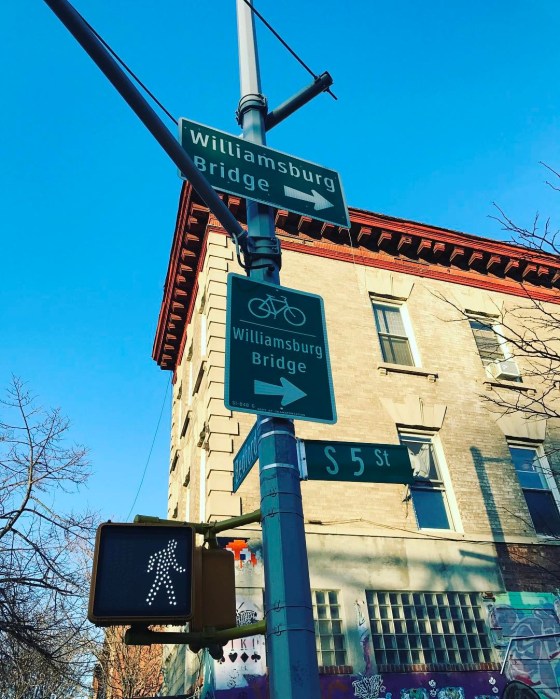Renting an apartment in New York City can be a full-contact sport. While neighborhoods can become popular overnight, rents can also increase to reach the demand of people looking to get in on the action. That’s why understanding the rules of your lease agreement that you sign with your landlord is extremely important as you navigate one of the most competitive and cavalier real estate markets in the world. For instance, what are the rules you need to know before breaking your lease agreement? We spoke with Edward Deignan, A New York City-based attorney who specializes in representing tenants to talk about everything you should understand before breaking your lease agreement.
Everything you need to know about breaking your lease agreement in New York City
Photo: iStock
What are some things that tenants should consider before breaking your lease agreement?
Within New York City, the most important consideration, if you are thinking that you might need to break your lease, is whether or not you are rent regulated. By that, I mean rent controlled or rent stabilized. The reason for that is that you are typically living in an apartment that is below the market rate or, even if you are paying market rate, the landlord has other incentives to want you out. As a result, the landlord is not likely to give you a hard time about breaking your lease.
If you are not living in a rent-regulated apartment, it is more difficult. The reason is, you may have signed a lease. Rents are dropping a little, in my experience, because of the construction of new especially high-end apartment buildings and the landlord may not want to let you out of your lease because the landlord would have to re-rent the apartment for less money. If that’s the case, you would go looking for reasons that the landlord would want you out. I am currently helping some people who are having a bad bedbug problem in Manhattan. The landlord has agreed to let them out of their lease because of this bedbug infestation. If you don’t have something like this as leverage, it can be pretty difficult for the landlord to let you out. Sometimes leases have penalty provisions written in that if you break the lease you pay a penalty to the landlord. If it doesn’t, the landlord, technically speaking, has the right to hold you to the terms and make you pay the monthly rent through the end of the lease.
It can be pretty onerous. The law changed for residential tenants a few years ago making it much more difficult for tenants to get out of leases. In commercial situations, there are usually things written into the lease allowing the tenant to break the lease on typically six months notice. Some residential leases have this type of thing written in. Those of us in the business would call it a “Good Guy Guarantee”. This is common if you are working for a company that has relocated you to the New York area and you are not sure how long you are going to be here. You might write something into the lease saying “I’ll give you six months notice that I am going to be breaking my lease. I’ll pay my rent all through the time I’ll tell you I’m getting out and you get to keep my security deposit as a penalty.”
Is this something tenants would have to request or is it more common in lease agreements these days?
No, you would have to bring it up. If you anticipated that you are going to be transferred or that your family circumstances might change. Let’s say, hypothetically, that two people are renting a one-bedroom apartment and they found out that they are going to have a child and they needed more space. If they anticipate this more ahead of time and they are in a market-level situation they might write something in saying “We’ll give you six-months or three-months notice and you’ll let us out of our lease.”
In most cases, residential leases in New York City are one-year. In many cases, many people don’t even get a full one-year lease from their landlord. When it’s one-year, you can usually ride out whatever problem that you have. In a rent-regulated situation, tenants are entitled to a two-year lease. That’s where if you are renting an apartment for say $1500 when the market rate in your area for a comparably sized apartment is $3000, then you can see where the landlord has the incentive to let you out of the lease. That still happens quite a bit in New York. In fact, in some situations, your rent might be so low that the landlord is willing to pay you to leave. Not just break your lease, but actually, give you money to ease your way out the door.
Do you recommend people subletting to help transfer their leases to someone else?
No. There are some things under New York law that if you are elderly or are the victim of domestic violence, there are special circumstances that apply to you when it comes to breaking a lease. Whether you are rent regulated or not. If you live upstate and you live in a mobile home area, that might apply to you as well.
Will landlords consider things like debilitating illnesses when breaking your lease?
That’s a very difficult situation and it happens more often than you would think. Let’s say you are going into a nursing home. You’ve had an accident and some surgery and now you’re going to a nursing home. The question becomes: do you think you will ever be able to return to your apartment. If you think you can not return to your apartment, you can contact your landlord or have an attorney contact your landlord to explain the circumstances.
Let’s say it’s a walk-up apartment and you think that after your rehabilitation you are not going to be able to climb stairs very easily. Let’s assume for the sake of argument that this is not the kind of building where the landlord cannot be made to help you get up and down the stairs because no you have become a disabled person. If you find that you cannot return to your apartment, most landlords are going to have a little heart. You can say “look I am going to have to spend my money to live in a rehab facility. I can’t pay my rent. Can we just put an end to this?” Many landlords, I won’t say most, will see the practical side of the situation and “say sure, how soon can you get out?”
For many landlords, the practical part of the situation is they want to re-rent the apartment as soon as they can. They want to get someone in there who can pay the rent and that can get up and down the stairs.
So, the key to this kind of situation is if the landlord has empathy for your circumstances you outline for breaking your lease agreement. But ultimately, they have all of the power?
The landlord most definitely has the power in that situation. Unless you are elderly, if your landlord wants to be very difficult unfortunately they can. A lease is a contract and a judge will enforce a contract even if it is a lease. Because the tenant has benefits under the contract as well. They have the right to live in the apartment peaceably as long as they pay their rent. They have the right in New York State to have the apartment be inhabitable conditions free of vermin and peeling paint and things like that. The tenants have benefits under the contract as well. The judge will enforce the contract for the tenant and against the tenant and that can be a double-edged sword.



















